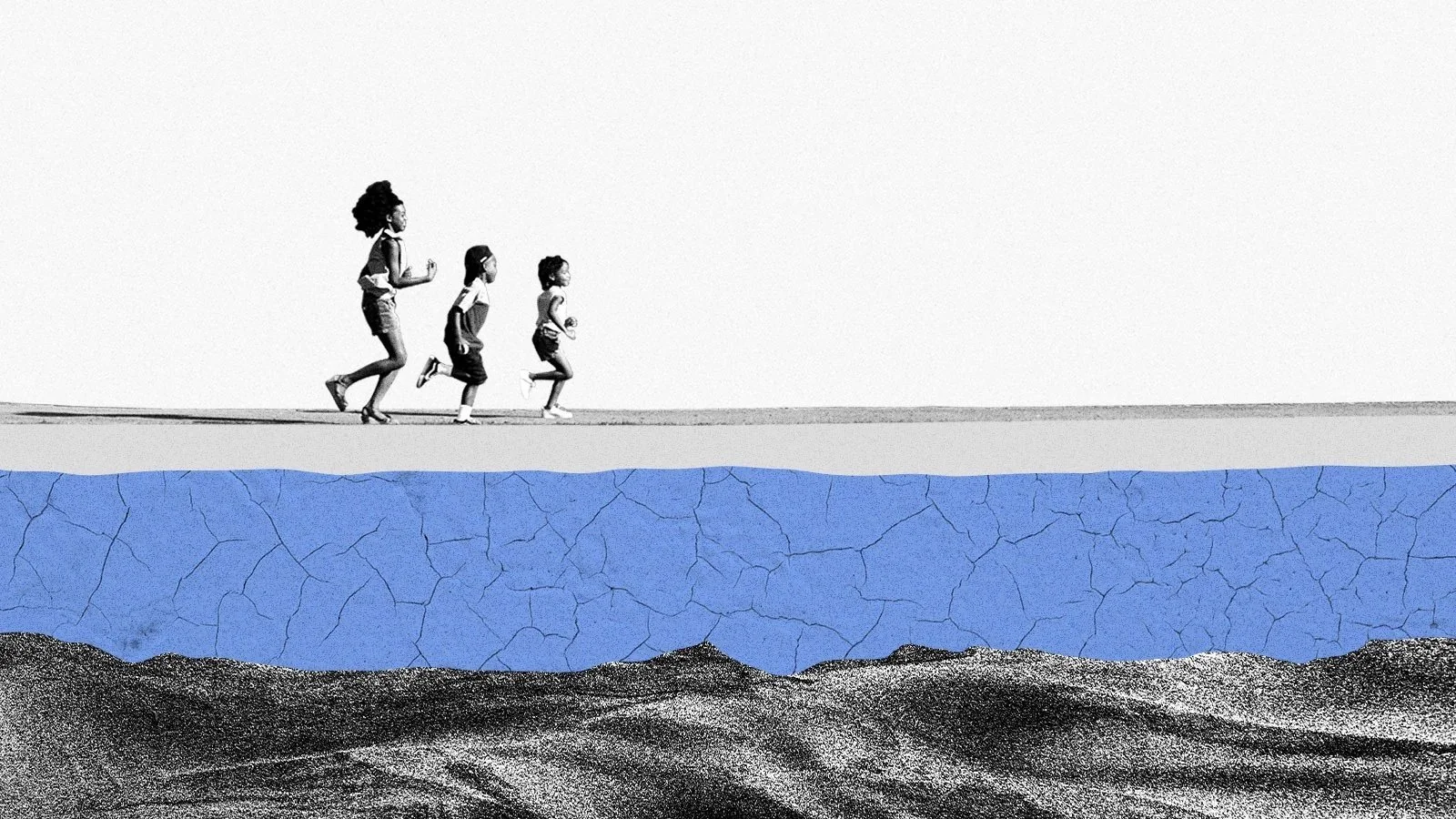Prime Minister Justin Trudeau is repeating promises to update legislation that governs water use. Trudeau, while formally announcing the Canada Water Agency will be headquartered in Winnipeg, says his government will update the act around the use and development of the resource in Canada. Trudeau didn’t provide details about how the Canada Water Act would change.
It’s not just oceans rising. It’s groundwater, too
Beneath our feet there is an invisible ocean. Within the cracks of rock slabs, sand and soil, this water sinks, swells and flows — sometimes just a few feet under the surface, sometimes 30,000 feet below. This system of groundwater provides a vital supply for drinking and irrigation, and feeds into rivers, lakes, and wetlands. Across the globe, it contains 100 times as much fresh water than all the world’s rivers and lakes combined.
Statement by the Prime Minister on World Water Day
Today, as we join the international community to mark World Water Day, we are reminded of our shared responsibility to protect access to clean, safe water here at home and around the world. There is no resource more essential to Canadians and the Canadian economy than clean water. Water ecosystems, when managed properly, help alleviate hunger, poverty, and illness, fight climate change, and support biodiversity. This year’s World Water Day theme, ‘Accelerating Change’, asks us to speed up our action to keep our water safe, clean, and sustainably managed.
A new mine could position Quebec as a lithium leader, but its rocky past worries locals
In an expansive open-air pit 550 kilometres northwest of Montreal, 100-tonne trucks criss-cross the climbing roads, preparing for the mine to open. The chalk-white veins of those rocks have metals inside, including one of the most sought-after minerals in the world: lithium, a key component of electric car batteries. When production restarts at the La Corne, Que., lithium mine early next year, it is set to be one of the only functional lithium concentrate mines in North America and position Quebec as a Canadian lithium leader.
Opinion: We are swimming in opportunities for our most important resource, but will we miss the boat?
We can take for granted the resources around us. Water, for instance, has a good case for feeling left out. As we agonize over how and whether we use our fossil fuels, while we explore the viabilities of solar and wind and contemplate how best to harvest our minerals in the ground, we are sitting on – actually, we are staged astride – arguably the most strategically important resource of all.
‘In our culture, water is so much more. It’s sacred.’ New wave of Indigenous operators look to tackle drinking-water woes
Jamie Lee Parenteau knows that water is where life originates. She knows that it must be protected in every way possible from pollution or waste. The Ojibway woman’s ancestors were able to live off the water as a resource, and to sustain all living things in their care. Yet in some First Nation communities today, water has become a curse. “In our culture, water is so much more. It’s sacred,” says Parenteau, who is from the Wabigoon Lake Ojibway Nation. “Our people could just go to the lake for everything. That was before all these things like the (pulp) mills and mercury poisoning. Our people drink that water and got poisoned by it.” The young mother is a water protector — and she now has a licence that says so.
Finding answers to the world's drinking water crisis
Without a doubt, water is the most abundant resource on Earth. After all, it covers over 70% of the planet - yet despite this we are facing a looming crisis as a species. Climate change, global conflict and overpopulation are just some of the factors that are devastating the water supply in many areas around the world. It means that two billion people - one-quarter of the human population - are without access to safe drinking water. As the world's population creeps ever closer to eight billion, attention is being focused on developing technologies that can help address this before it is too late.
Rain is a resource: How rain barrels can enhance your home and help prevent flooding
Rain is a resource society can use and should: this is what Atlantic Coastal Action Program Cape Breton hopes to convey with its graphic design contest for ACAP’s summer rain barrel giveaway. “Stormwater issues are increasing with climate change because we're having more frequent storms and heavier rainfalls,” said ACAP Cape Breton project manager Jen Cooper. Much of the infrastructure in use today wasn’t built for the world we’re living in, with its heavier rain and snowstorms and more severe extreme weather events. This is resulting in more frequent minor to moderate flooding events in Cape Breton.
Can Wall Street help us find the true price of water?
Despite the apparent abundance of water in Canada, she said, low prices mean the best-quality water in many regions — such as Southern Ontario groundwater — is in increasingly short supply and is being overused. Roy Brouwer, executive director of the Water Institute at the University of Waterloo, said that when he came to Canada from the Netherlands five years ago, he was surprised by the low price and wasteful misuse of water in this country.
GUEST OPINION: P.E.I. water issue is not urban versus rural
It is disturbing to hear the genuine public concern over high-capacity wells being deliberately misinterpreted as “urban versus rural” and as an attack against farmers. The Environmental Coalition of Prince Edward Island has been working for years to usher in a new era of water protection and conservation, and never once have we opposed farmers. Farmers are important to the economic and social health of the province.











